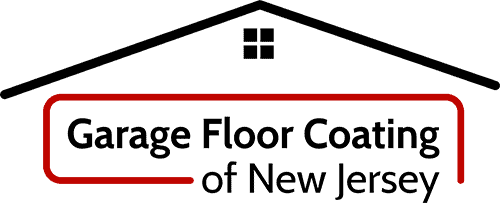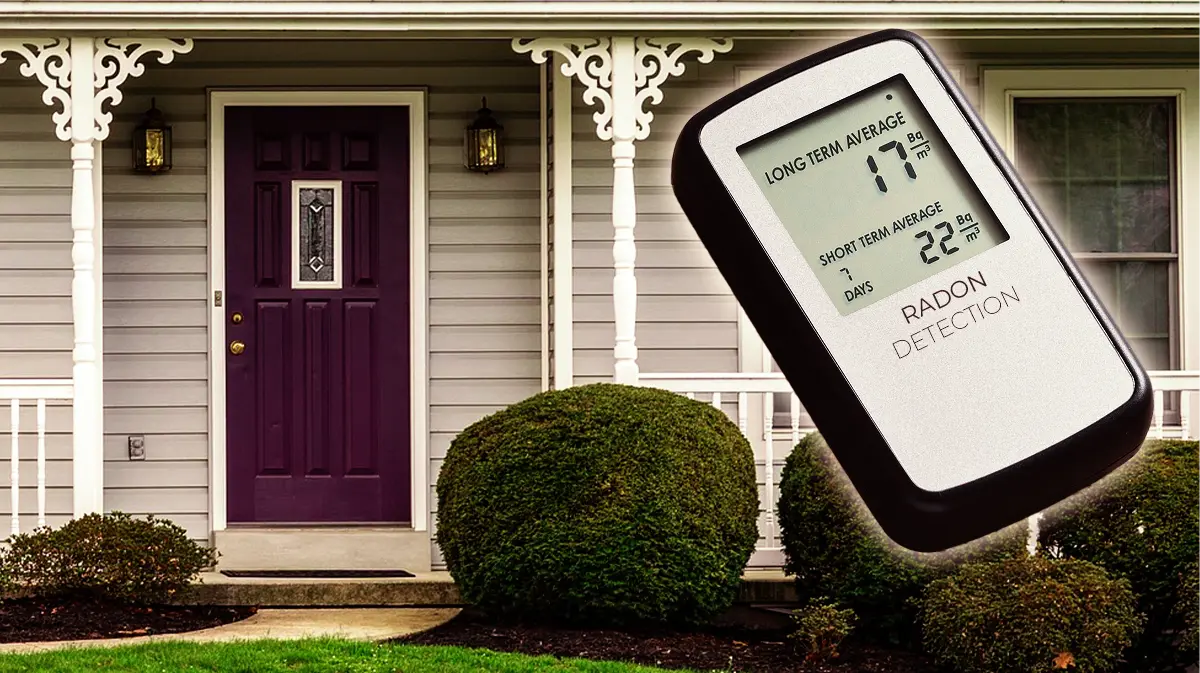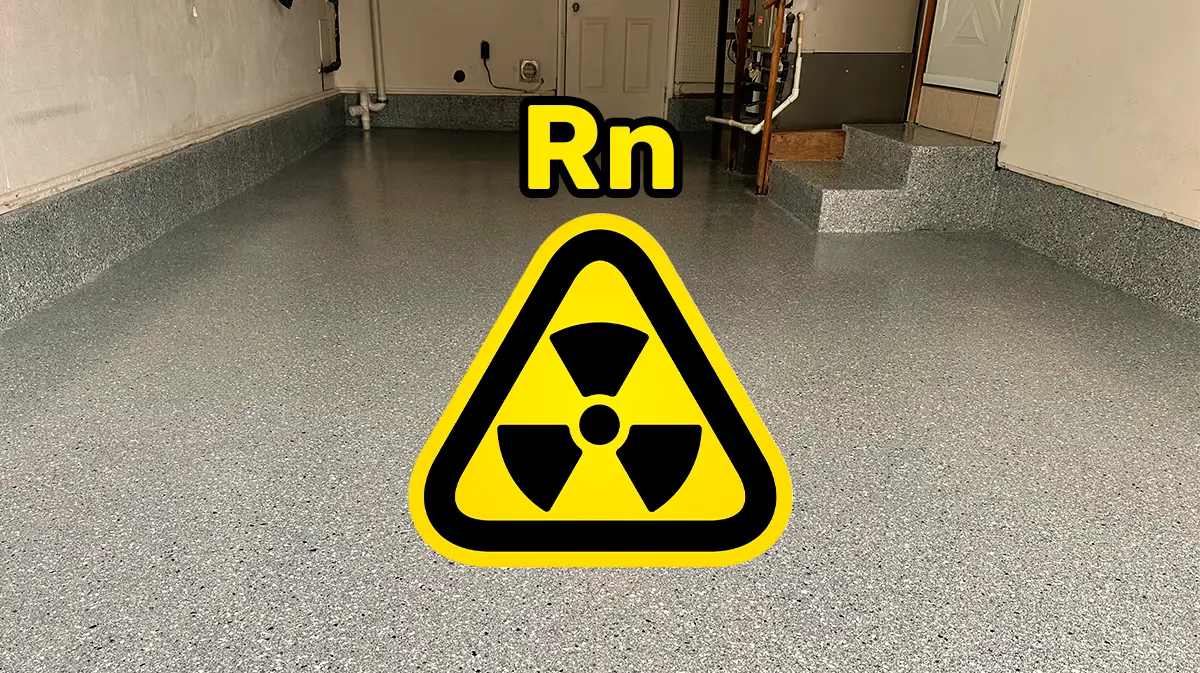Radon gas and moisture vapor emissions are two critical issues that homeowners in New Jersey need to be aware of, particularly those with basements or concrete foundations. Both can significantly impact indoor air quality and, in the case of radon, even pose serious health risks. This article explores what these issues are, why they matter, and how to address them effectively in your home.
The Radon Risk in New Jersey
Radon is a naturally occurring radioactive gas that results from the breakdown of uranium in soil, rock, and water. While it’s invisible and odorless, radon is dangerous because it can accumulate to high levels inside homes, particularly in areas with basements or ground-level concrete floors. According to the New Jersey Department of Environmental Protection (NJDEP), approximately one in six homes in the state has elevated levels of radon, making it a significant concern for residents.
Radon exposure is the second leading cause of lung cancer in the United States, following smoking. In New Jersey, certain areas are particularly prone to higher radon levels due to the geology of the region. The NJDEP highlights that Warren, Sussex, Hunterdon, and Morris counties are among the areas with the highest radon concentrations. This underscores the importance of testing homes for radon, especially in these high-risk zones.
How Radon Enters Your Home
Homes act like vacuums, drawing in air and gasses from the surrounding soil through small openings in the foundation. The lower air pressure inside a home, caused by ventilation systems and exhaust fans, can pull radon from the soil into living spaces. Once inside, radon becomes trapped and can build up to dangerous levels over time. Even well-sealed homes are not immune to this risk, as radon can seep through tiny cracks or gaps in the foundation.
The Importance of Testing and Mitigation
Given the significant risk that radon poses, it is essential to test your home for this gas. Testing is relatively simple and can be done using kits available at hardware stores or online. If elevated radon levels are detected, professional mitigation is necessary. Radon mitigation systems work by reversing the pressure differential between the soil and the house, preventing radon from entering and venting it safely outside.
Moisture Vapor Emission and Its Impact
In addition to radon, moisture vapor emission from the earth through concrete slabs is another issue that New Jersey homeowners should be aware of. Concrete is porous, which allows moisture to pass through over time. This moisture can lead to a range of problems, including:
- Efflorescence: The white, powdery substance often seen on basement walls or floors is a sign of moisture moving through the concrete, carrying salts with it.
- Musty Odors: Moisture can create damp, musty smells in basements, which are not only unpleasant but can also indicate potential mold growth.
- Concrete Degradation: Prolonged exposure to moisture can weaken the concrete, leading to cracks and other structural damage.
Addressing Moisture and Improving Indoor Air Quality
To combat moisture issues and improve indoor air quality, sealing your floors with an epoxy coating is highly effective. Epoxy coatings act as a barrier, preventing moisture from penetrating the concrete and reducing the likelihood of issues such as efflorescence and musty odors. Additionally, epoxy coatings are durable, easy to clean, and provide a long-lasting solution to moisture-related problems.
For New Jersey homeowners, addressing both radon and moisture issues is crucial for maintaining a healthy home environment. By taking proactive steps such as testing for radon, installing mitigation systems, and applying epoxy floor coatings, you can protect your home from these invisible threats.
Ensuring a Safe and Healthy Home
Understanding the risks associated with radon gas and moisture vapor emissions is essential for homeowners in New Jersey. With approximately one in six homes in the state at risk for elevated radon levels, regular testing and mitigation are necessary to safeguard your family’s health. Additionally, addressing moisture issues with epoxy coatings can further enhance the safety and longevity of your home — sure, we’re biased when it comes to these floors, but do your own research and make an informed decision.
If you want to learn more, don’t hesitate to contact us!


